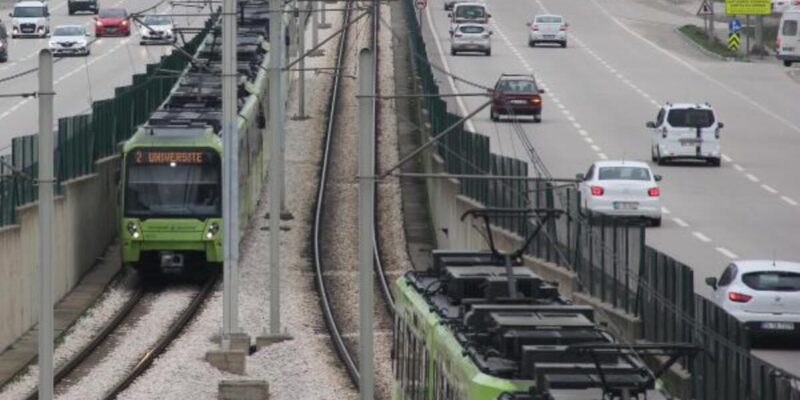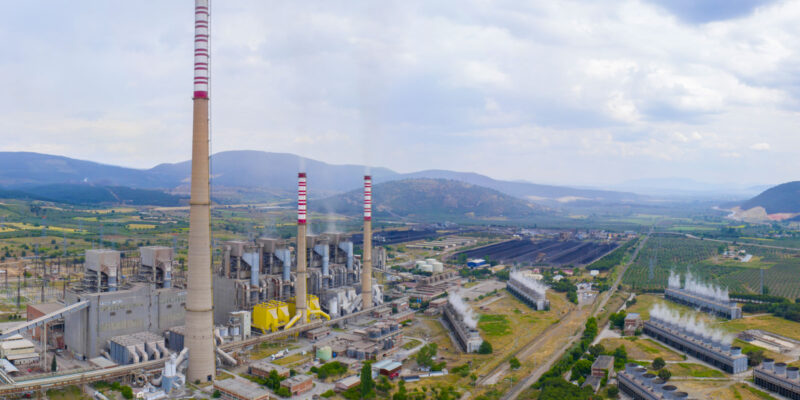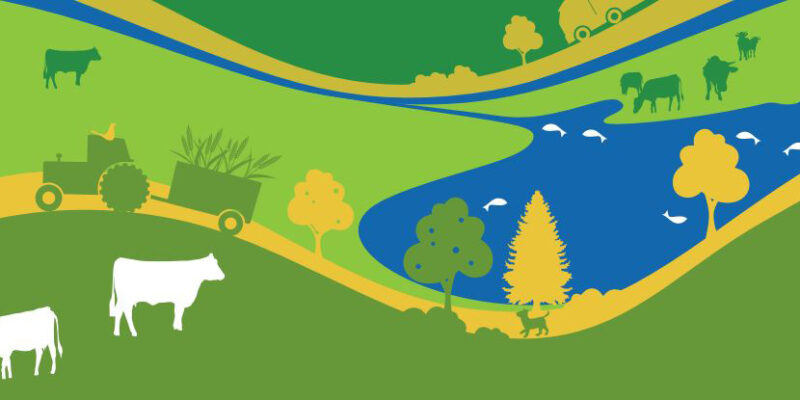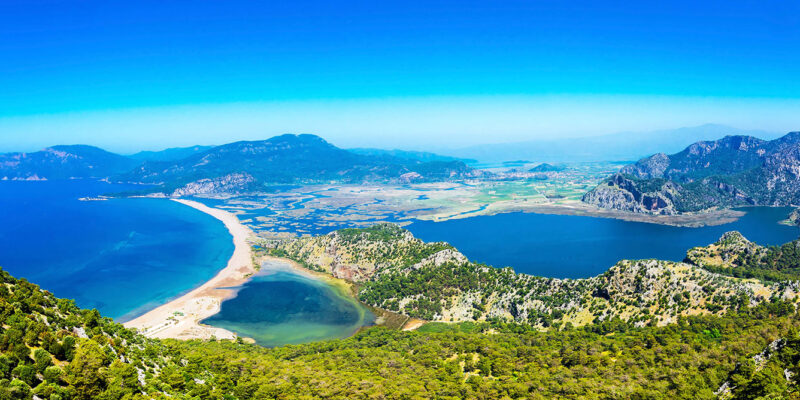The European Bank for Reconstruction and Development (EBRD) launched the Medium-Scale Sustainable Energy Financing Program (MidSEFF) in 2011 to finance medium-scale sustainable energy investments (renewable energy (RE), waste energy (WtE)). In the same year, with the co-financing of the EBRD and the European Investment Bank, the program was expanded as MidSEFF Phase II and the total funds provided were brought to 1 billion Euros. After the allocation of funds under MidSEFF Phases I and II, MidSEFF III has been prepared. MidSEFF III has committed € 500 million to investments in renewable energy and resource efficiency. The aim of the program is to fill the financing gaps required for renewable energy and resource efficiency investments in Turkey, to improve the skills of banks in the technical evaluation of suitable technologies, and to increase the banks’ compliance with the EU’s environmental and social standards in the evaluation of medium-sized renewable energy and resource efficiency investments.
The aim of the project is to support the implementation of the program. Within the scope of the project, ensuring the compliance of sub-projects with EU environmental and social standards, transferring skills to local experts and participating financial institutions, ensuring the reproduction of sub-projects that implement EU environmental and social and health and safety standards, supporting participatory financial institutions to develop and monitor renewable energy and resource efficiency projects. targeted.
The project was carried out in 2016 as a consortium of MWH, GTE and Frankfurt School of Finance & Management GmbH (FsF). In the project, GTE carried out activities such as developing the carbon potential of sub-projects, providing support for carbon footprint analysis for industrial customers, Monitoring, Reporting and Verification (MRV), and providing carbon-related trainings to stakeholders and participating financial institutions.




